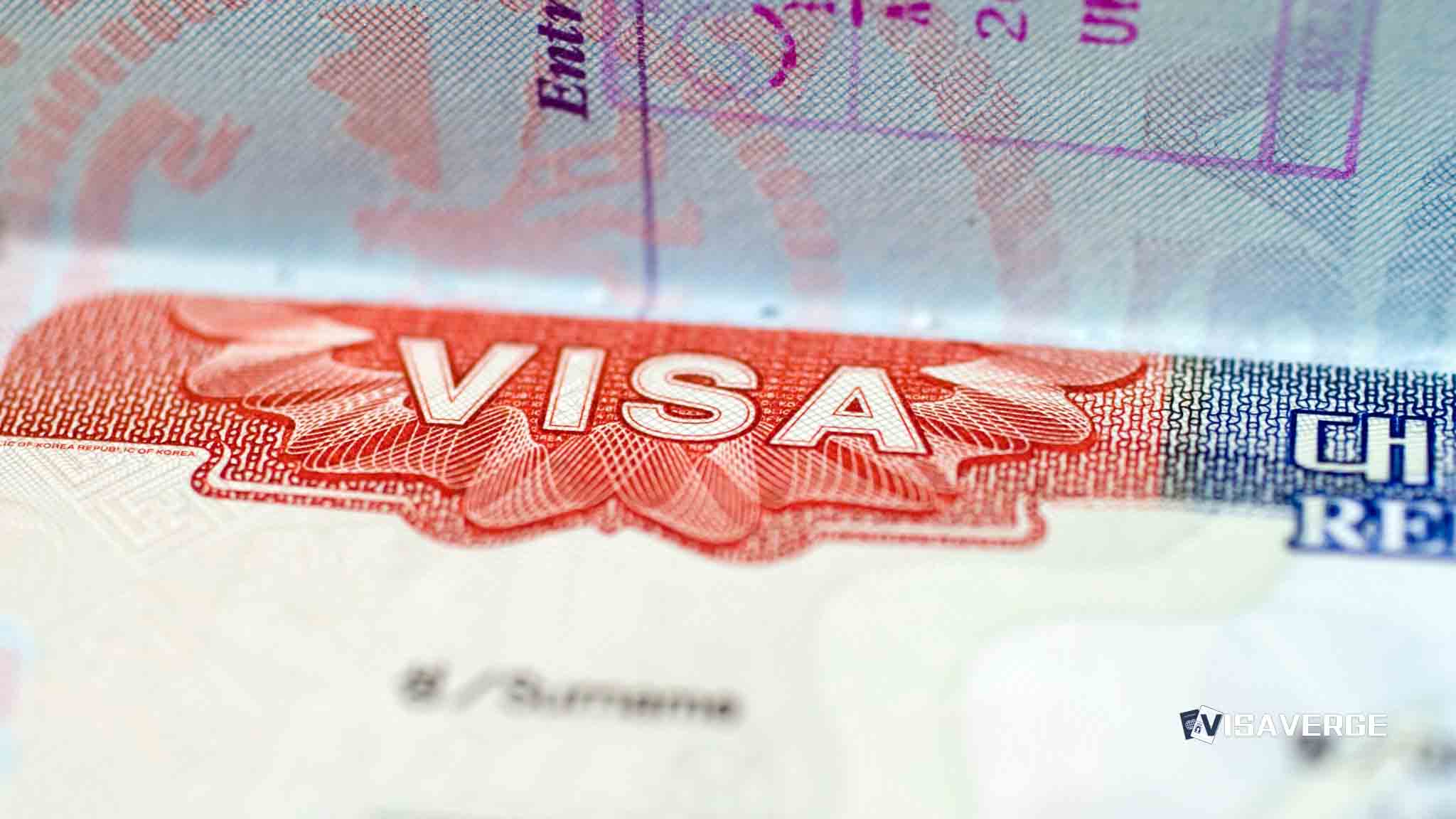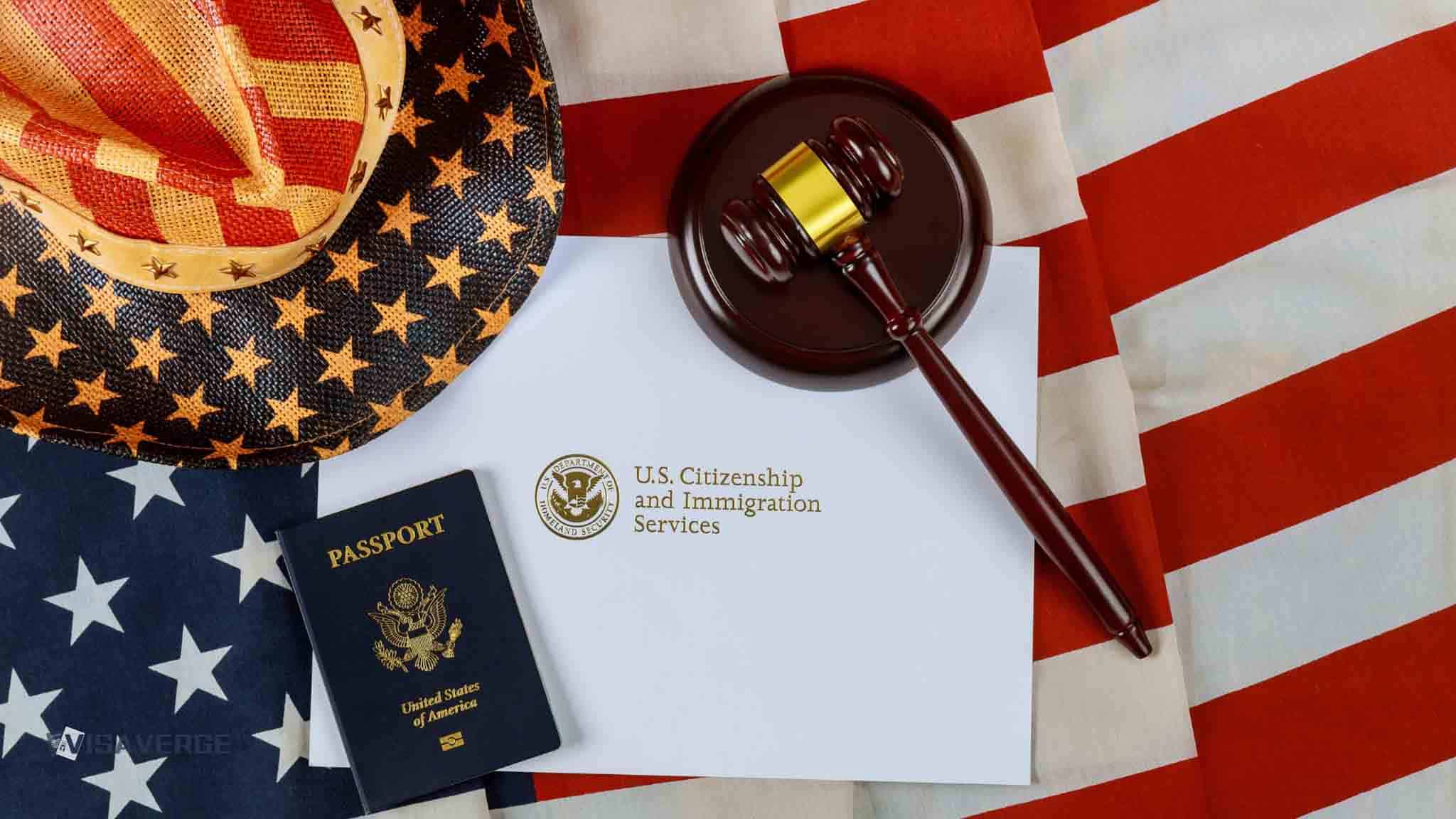(UNITED STATES) Human trafficking survivors can still file for a T visa during a government shutdown, and case processing continues, because USCIS remains open as a fee‑funded agency within the Department of Homeland Security. While many parts of the federal government pause when Congress fails to pass funding, the T visa pipeline inside USCIS keeps moving.
Advocates say that stability matters in life‑or‑death moments, when a survivor is deciding whether it is safe to come forward. The core message is simple: during a government shutdown, T visa applications can be filed and adjudicated, even if some related immigration steps outside USCIS slow down or pause.

Why USCIS continues operating
USCIS’s fee‑funded model means most of its operations don’t hinge on annual appropriations. That is why humanitarian benefits like the T visa continue through a shutdown. The T visa—formally a protection for people who have suffered severe trafficking and who help law enforcement—relies primarily on USCIS itself.
In contrast, programs that depend on agencies without fee funding may pause, creating a patchwork of what keeps running and what does not. The bottom line for survivors and their lawyers is reassuring: USCIS continues to accept and decide T visa cases during a shutdown.
“USCIS remains open as a fee‑funded part of DHS, so filing and adjudication for T visas generally continue even during funding lapses.”
Where shutdowns can cause friction
What can cause friction are immigration tasks that depend on other agencies:
- The Department of Labor (DOL) typically stops processing certain employment filings when funding lapses. That slowdown can affect some employment‑based immigration, but it does not directly touch T visa filings because T visas do not require DOL certifications.
- Interagency steps that require offices outside USCIS may see delays if those offices are not fee‑funded.
- Consular operations at U.S. embassies and consulates abroad may scale back during a shutdown, which can matter later for applicants who plan to process documents overseas.
Still, those are side issues for T visa applicants. The central process—filing with USCIS and waiting for a decision—moves forward even as other government services go dark.
Practical example
Consider a straightforward scenario:
- A survivor gathers evidence and drafts a T visa filing in early October, just as Congress deadlocks and the government shuts down.
- They mail the packet to USCIS.
- USCIS opens the mail, issues a receipt, and the case enters the queue.
Because USCIS is fee‑funded and operational, that intake still happens during a shutdown. The survivor can track the case as usual and respond to any requests from USCIS. Even if a separate agency slows a peripheral step, the core T visa case remains active.
Operational status of USCIS during shutdowns
- Funding model: USCIS is largely paid for by filing fees rather than annual appropriations, allowing continued receipt and adjudication of humanitarian benefits, including the T visa.
- Essential work: In the shutdown context, adjudication of humanitarian benefits is generally treated as essential, both because of funding and DHS prioritization.
- Effect for survivors: USCIS keeps accepting and deciding T visa cases during a shutdown.
In contrast, the DOL typically pauses most immigration‑related processing that relies on appropriated funds. Since T visas do not need DOL certifications, that pause rarely affects T visa filings. Applicants should be aware that consular services abroad may be limited, but domestic USCIS processing for T visas continues.
Communication and deadlines during a shutdown
- Survivors and attorneys should keep records of communications with USCIS and respond to notices within the time frames given.
- If a deadline concerns a non‑USCIS agency that is paused, counsel can plan around that pause.
- For USCIS requests in a T visa case, normal deadlines typically apply unless USCIS announces otherwise.
This consistency is part of why survivors should not delay filing a T visa petition because of a government shutdown.
Practical implications for T visa applicants
The T visa is a humanitarian protection that helps trafficking survivors stabilize their lives and cooperate with law enforcement safely. When a shutdown hits, the stakes for applicants increase. Knowing that USCIS stays open can be decisive.
Key practical points:
- USCIS remains open and continues to accept and decide T visa cases.
- T visa filings can continue; a shutdown is not a bar to filing or adjudication at USCIS.
- DOL pauses do not block T visas because T visas do not require DOL certifications.
- Interagency delays may occur, but they are usually peripheral.
- Consular services may be limited—this is separate from domestic USCIS processing.
- Respond to USCIS notices on time unless USCIS indicates otherwise.
- Keep copies of your filing and proof of delivery.
- Consult counsel when possible to spot shutdown‑related wrinkles.
- Do not rely on rumors—check official USCIS guidance and ask your lawyer.
- Safety planning comes first—filing is part of a broader safety plan.
Support, coordination, and policy implications
Advocates stress clear communication with service providers. Legal aid groups, shelters, and case managers can:
- Confirm that the T visa path stays open during shutdowns
- Help prepare strong filings
- Set expectations about possible delays in the broader system
From a policy perspective, keeping T visa processing active underscores a commitment to public safety. Trafficking cases often involve criminal networks; steady protection for survivors through USCIS supports cooperation with law enforcement and better case outcomes.
For reporters: it’s accurate that parts of the federal government close during a shutdown, but it is equally important to report that USCIS continues handling humanitarian cases like T visas because of its fee‑funded status. Collapsing those truths into a single “government closed” message can deter survivors from seeking help.
Tips for attorneys, community organizations, and families
- Attorneys often prepare by documenting timelines, confirming intake procedures, tracking mail delivery, and planning for interagency touchpoints.
- Community staff answering hotlines should clearly say that T visa cases can still be filed and processed during a government shutdown and invite callers to seek legal help.
- Family members can encourage survivors to speak with qualified attorneys, keep mail organized, and help track documents.
Where to get official information
USCIS maintains public guidance on humanitarian protections, including T nonimmigrant status. During a shutdown, checking official guidance is recommended. See USCIS: Victims of Human Trafficking (T Nonimmigrant Status) for authoritative information at USCIS: Victims of Human Trafficking (T Nonimmigrant Status).
Final takeaways
- The facts are straightforward: USCIS remains open; T visa filings and adjudications continue; DOL pauses do not block T visa cases; consular services abroad may be limited, but domestic T visa processing keeps moving.
- Survivors and advocates should act on these facts, not on rumors or fear.
- Continue gathering evidence, preparing declarations, and securing support letters during a shutdown—those steps remain important because USCIS stays operational.
- If you need to file or ask about a T visa during a shutdown:
- Contact USCIS directly through official channels to confirm procedures and any known delays.
- Consult an immigration attorney to understand how the shutdown affects your specific situation.
The agency responsible for T visa adjudication keeps working during a shutdown. That reliability can be a lifeline for people deciding whether to step out of the shadows and seek protection.
Frequently Asked Questions
This Article in a Nutshell
USCIS remains operational during government shutdowns because it is largely fee-funded, allowing continued filing and adjudication of T visa petitions for trafficking survivors. While other agencies that rely on annual appropriations—such as the Department of Labor—or consular posts overseas may reduce services and cause peripheral delays, the central USCIS intake, receipt issuance, and adjudication of T cases generally proceed. Applicants should keep documentation, respond to USCIS requests on time, consult immigration counsel, and monitor official USCIS guidance. The continuation of T visa processing during shutdowns supports survivor safety and cooperation with law enforcement.













